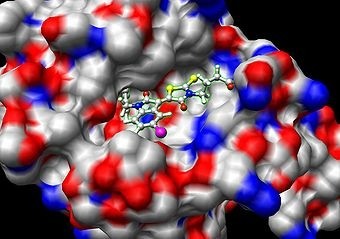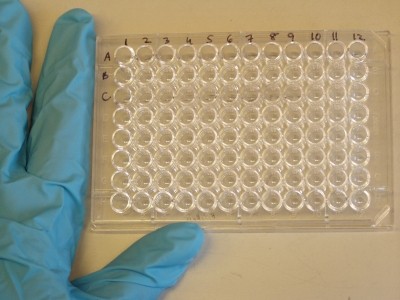UK ‘animal research’ labelling plan may have unintended consequences says Cyprotex

Earlier this week UK fertility research pioneer and peer Lord Robert Winston put forward a bill proposing that all drugs sold in the UK are labelled as having been “produced as a research of research on animals.”
The idea - according to Lord Winston - is to “show the hypocrisy of those who try to pretend to unknowing members of the public that animal research can be abandoned” by emphasising the role research involving animals plays is drug development.
But while the blanket labelling plan may well achieve this, it may have some unintended consequences for the services sector in the longer term according to Anthony Baxter, CEO of in vitro and in silico preclinical contract research organisation (CRO) Cyprotex.
He told Outsourcing-pharma.com that: “I can see the point of Lord Winston’s bill from the establishment in that it does expose the ‘hypocrisy’ of those people who do not acknowledge the valuable part played by in vivo studies in getting established medicines to market effectively and, with several notable exceptions, safely.”
“However, I can see this Bill, should it become enshrined in law, coming back to haunt Lord Winston and his supporters. It is becoming increasingly clear and accepted that animal research, particularly in the area of determining drug safety and toxicological potential in humans is potentially deeply flawed.”
in vitro
In contrast – Baxter continued - cell based in vitro and in silico techniques for prediction of human toxicology are becoming increasingly accepted by the regulators and the pharmaceutical research industry itself as valuable tools in better assessing drug safety in humans.
“If such advances continue and perhaps eventually in vitro and in silico toxicological prediction technologies becomes the norm then, in future, having a label on a medicine bottle saying that animals have been used in their research may be seen as being a distinct warning.
“Perhaps a label saying that in vitro and in silico technologies have been used in the development of a medicine may indicate a superior product.”














